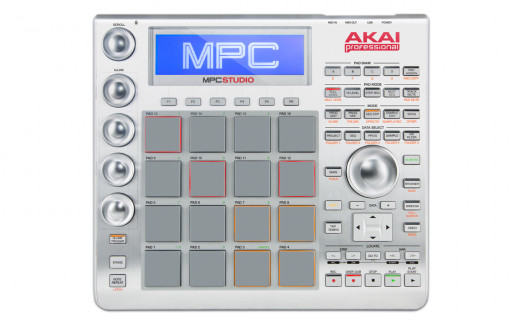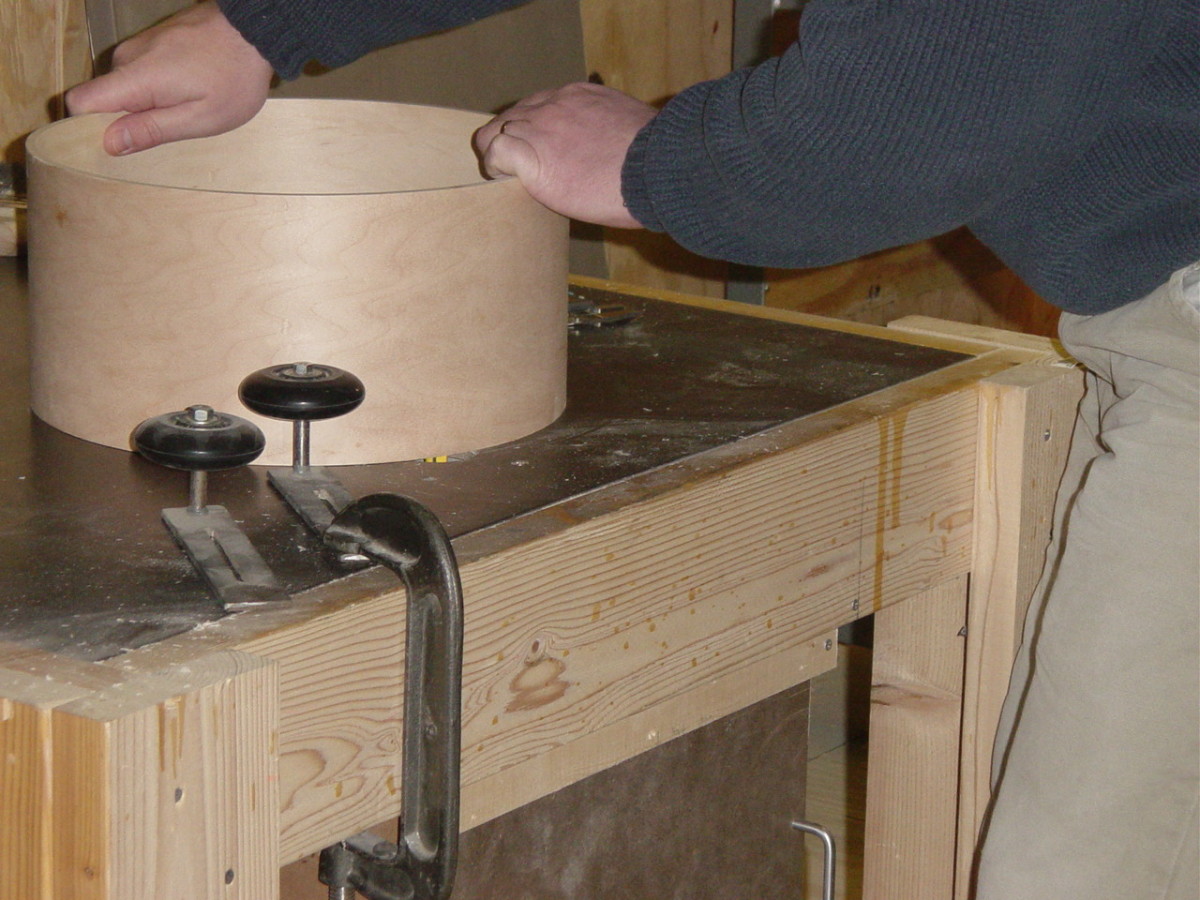Akai MPC Drum Machines - Which one is the Best?
The Akai MPC Drum machine is a revolutionary instrument in so many respects because it was a game changer when it was first released back in 1984. That is, you were no longer reliant on anyone to help you create music because you now had the independent freedom, and ability to manipulate and sample any type of instrument on your own, but all on one machine. Which machine is best? This is a subjective question because to each is own at the end of the day. Not every producer creates the same type of song. You can give a hundred producers the same song to sample, and they will all create a very different type of track when its all said and done. The same applies to the type of drum machine you will ultimately choose to purchase. I personally believe that it's extremely important to do a lot of research, and dedicate some time to experiment with various drum machines at your local music store. This way you will be able to get some hands on experience with each drum machine prior to making a final decision.
A number of legendary producers love the drum machines that were first created by Roger Linn for Akai back in the day because of the swing aspect, and the fact that the sound quality itself was far sharper. I totally agree that the older units like the Akai MPC 60, 60II, and the 3000 all have a very distinctive sort of sound that can never be replicated ever again. The drums in particular sound more electrically warmer. In my opinion, this is the primary reason why many top music producers hold on to these machines still until this day…because they sound much better than the more modern versions. Lets be clear here, just because your drum machine is impeccable doesn't necessarily mean that it will automatically make the music for you. You have to put in the work or simply be naturally gifted. But, that's not to say that I haven't witnessed firsthand a producer evolve his/her skill-set overtime through hard work and dedication because it doe's happen. Success is a choice. Anytime you invest a multitude of hours into anything...you will become a master at it. Unfortuantely, the pioneer of this amazing technology, Roger Linn is no longer affiliated with Akai, so the drum machines they are manufacturing today differ greatly in comparison. Let's discuss some of those differences in terms of the old vs the new. On one hand, some of the older units will take you a lot longer to edit a sample because you can't graphically see the waveform of a captured sample. As a result, you have to blindly rely on the tedious, and exhaustive process of turning the cog wheel continuously to finely truncate your samples. Furthermore, the amount of sample time is far more limited, and the fact that you have to save your media on those unreliable floppy disks. Many producers eventually replace these flimsy floppy drive with Zip drives.
One the other hand, the newer units have some really cool features like chop shop, where the MPC itself divides the song into various samples automatically on its own. Moreover, they also come equipped with larger hard drive space capable of allowing the user to safely store more songs. Additionally, they offer way more sampling time. These three features alone make a whole world of a difference. The very fact that the newer machines allow you to save your tracks on internal hard drives, CD drives, and hard disks etc...is a major improvement.These newly evolved features are incredibly valuable to the producer who wants to work quickly and effortlessly. But, the earlier machines will make you work harder for sure, and that's an added advantage for many successful producers even in this day and age. The general belief system is that anytime you pour blood, sweat, and tears into any project, you will usually produce better material. Some prefer to work harder, while others prefer to work smarter, and some prefer both. That's why it is entirely up to the individual to decide which machine is most ideal. The only way to discover which one will work is to experiment. In other words, don't just rely on research and word of mouth. For instance, I dabbled with the MPC 60II, and iI found it to be a bit bulky and primitive for me, so I opted buy the MPC 2000, but it didn't have the same rhythmic swing, and or sound quality in comparison to the legacy machines, MPC 60, 60II, or 3000. Nonetheless, I still managed to produce some really cool tracks with the MPC 2000.
Furthermore, the MPC 2000 also uses the floppy disk drive which I don't prefer at all, so these are some of the differences you should be thinking about. Some of these machines also don't come with the eight outputs installed because they are sold as expandable units, as a result, this will end up being a separate expense while some of the newer machines have the eight outputs already installed. The eight outputs are rather important because they enable you to connect your MPC to a midi/audio interface, which in turn gives you the ability to connect to a computer to record, and mix down your songs in a software based program like Protools. I am currently deciding on buying a new Akai drum machine myself, and its pretty challenging even for me to make a decision regardless of my experience. I am considering the MPC 4000, MPC Renaissance or the MPC Studio. I will be going down to several stores very soon in search of the perfect match for me. They say looks are deceiving, just because something looks good, doesn't necessarily mean that it is good.
Here are some of the factors I am considering prior to making a decision. I know now from experience that I would prefer to have a much larger LCD display screen because...prolonged hours of staring into a tiny display screen will definitely affect your eyes over time. The ability to connect to a computer in order to transfer sounds, and save my files is very important to me (no more, (floppies.) I also like the chop shop feature that some of the newer machines have. The fact that these machines also come with pre-installed sounds, and effects are a huge plus. Although, I prefer to add my very own library of drum sounds that I have created over the years. However, I am pretty sure that some of these installed sounds will be useful in some shape or form. Will my new machine allow me to create music as a stand alone unit, or will I need to depend on the fact that it can only work in conjunction with a computer. Will it be portable? These are very important questions you will need to ask prior to making your own decision. Will it be bus powered, or will it have a separate power supply? How will I be able to save my songs? Will that matter to me? Don't get me wrong…some producers are still using these older units today, and they are making hits, so it's all about how hungry and imaginative you are as well.
In all honesty, I think I am leaning more towards the MPC 4000 because I love the entire lay out of this machine, the size of the LCD screen, and the fact that it connects to your computer, but can also act as a stand alone unit. The ability to burn your songs directly to a CD is a cool feature, despite the fact that CD's are also a dying art as we will be moving away from them soon. Nevertheless, they are much more advanced that floppies. It is probably quite obvious that I can't stand floppies at this point, isn't it? Well, you too would hate them if you lost a great percentage of your hard work over time. When you spend countless hours on a multitude of tracks that your being paid for…you want to feel rest assured that you can trust the media that your saving them on. Experience is the greatest teacher. At any rate, I am also going to experiment with the Akai MPC renaissance, and the MPC Studio controllers. These are not stand alone units, and that's already a problem for me, but I will still give them a shot. I may not want to have my computer running simultaneously while working with my drum machine. Utility companies are not free. I need to have the freedom to work on a song in the drum machine by itself if that's my desire at the time.
All in all, I have personally experimented with the Akai MPC 4000, and I really enjoyed many of the cool features it holds like the hard drive capacity, so it's a no brainer for me. I also like the price point of $700-1000 (used) because that's perfect for me. But, that may not be the case for you as there are so many options, and budget concerns to consider. I realize that it can be quite daunting, and confusing when it comes to buying the right machine in the beginning. Consequently, the best machine for you may not be the best machine for me. Do not allow yourself to become overwhelmed…just patiently experiment with each machine one at a time, and you will feel which one is right as you go along. This entire process of deciding which one is best may take a bit longer than you can imagine, but it's worth it in the end. Keep in mind that if you decide that you don't like the machine you've purchased after experimenting with it at home, you always have that two or four week grace period to return it for a different one. In the end, the best machine for you is ultimately the one that sounds the best to your ears.
How it all began…Roger Linn Akai MPC60 Drum Machine Demonstration
Legendary DJ Premier with Akai MPC 60II
Akai MPC 3000
Kanye West on the MPC 2000XL
Super Producer Just Blaze on the Akai MPC 4000 Making a Beat
Akai MPC Renaissance with Dj Premiere and Dj Pete Rock
David Haynes on the Akai MPC Studio (Portable MPC)
Akai MPC 60
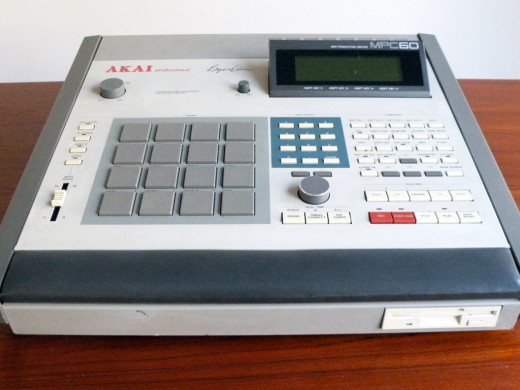
Akai MPC 60 II
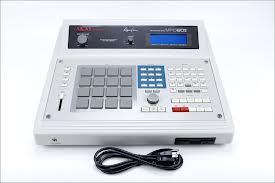
Akai MPC 3000
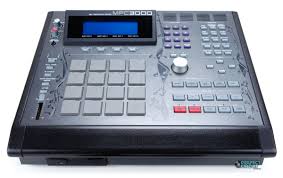
Akai MPC 2000
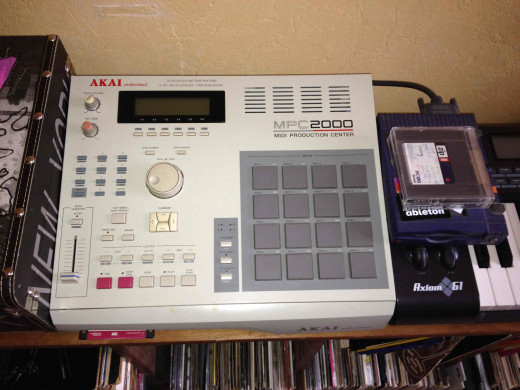
Akai MPC 2000XL
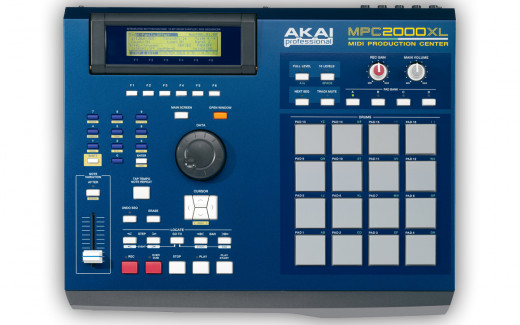
Akai MPC 4000
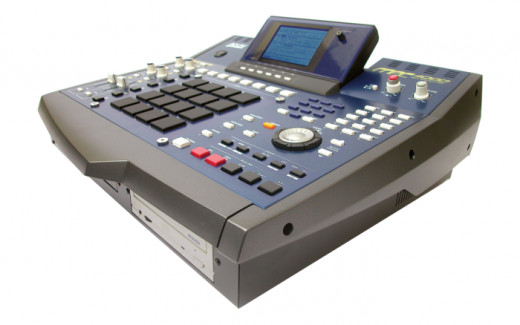
Akai MPC Renaissance
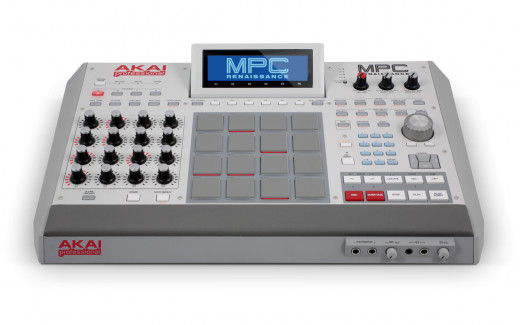
Akai MPC Studio (Portable)
